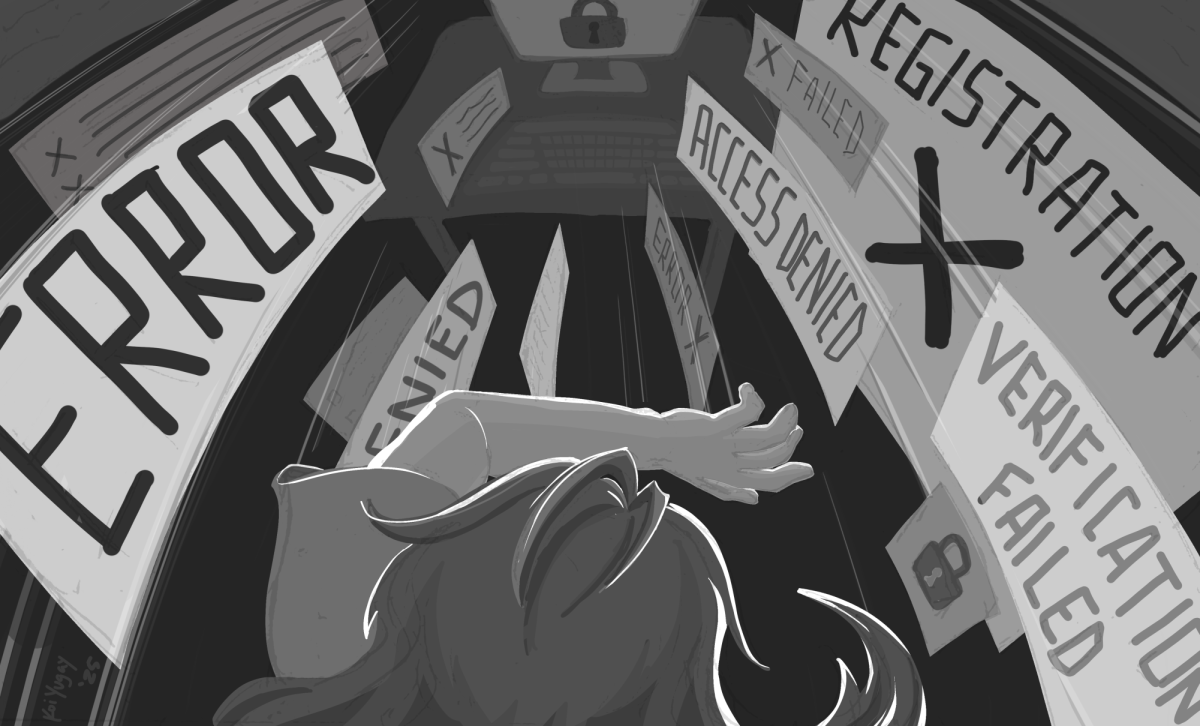Textbooks are a drag.
They are unnecessarily expensive. They are so expensive that they sometimes cost more than the class itself.
Bookstore theft on campus has also been on the rise. And since thieves usually steal things with impressive retail value, this is a good indicator that the price of textbooks is ridiculous.
We will never know the reasons why people have been stealing. What comes to mind is the poor student who can’t afford the textbook, so they opt to steal it. However, this is not what the Bookstore thinks. They associate the stealing with a ring of thieves and they might be right. Textbooks hold their value. There might be a black market for textbooks soon if their prices don’t lower.
Textbook prices have soared over the last three decades.
According to the Government Accounting Office, textbook prices have increased at a rate of 6 percent each year, tripling prices from 1986.
Textbooks are a booming business all over the world. However, the price of a textbook in the United States is more than the price of that same textbook than in another country.
The reasoning for this is that students in America are willing to pay more, therefore reflecting U.S. market conditions.
Well, the only thing to do about this is to buy the book the next time we find ourselves in Africa or India. We’ll take orders and buy some for our friends too. We can look forward to a study abroad, because the books will be cheaper.
To the students who consider themselves blooming entrepreneurs, consider the textbook business. Even better, why not start now while you are in school and you have the contacts?
The increase in textbook prices is attributed to the development costs of products included as supplements that come with the textbook, the CD-ROMs and other instructional information.
According to publishers, demand from instructors has caused people in the textbook business to increase investments in supplement development. So, a student can expect to learn more from the textbook than the instructor? Is the textbook making it easier to teach?
Supplements may help a minor percentage of the student population, but it isn’t enough of a help to make the whole student population suffer financially. Textbook publishers are making a killing off of students.
It seems the balance of instructor versus textbook is shifting throughout education. A motivated person could probably earn a degree without an instructor if the textbook was easy enough to understand and broke down the subject in proper learning format. However, it just seems simpler and a lot less confusing to be taught by someone. Or should we say something. A computer program can teach a language quite successfully. In the future ,a degree achieved solely through computer software might make it tough to get a job at first, but through continued revision on the part of the textbook-turned-software company, it may one day be acceptable.
Ah ha! Perhaps the textbook business and professors are in cahoots because they can smell disaster.
Currently, nothing can compete with the ease and interactive learning styles associated with a classroom setting.
At the very least, the conversion from current university curriculum and format to a degree learned through software will be gradual.
Not to worry. Students can retain hope from the fact that our children won’t have to pay as much for textbooks. Textbook prices are so high now that alternatives will be introduced. Companies are great at this. Discontent with a product leads to lots of shuffling and huffing and then another quiet little company swoops in with an alternative product.
Imagine a world without textbooks. This might not be too far off.
-See related article on Page 2






